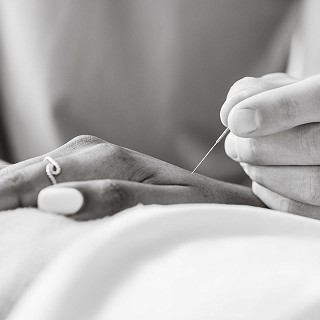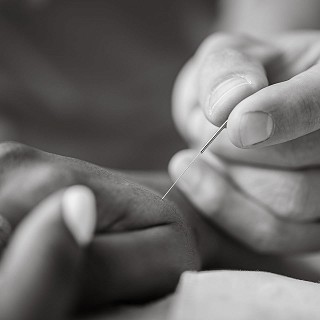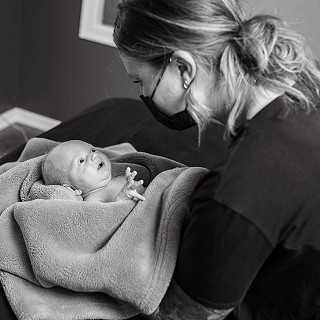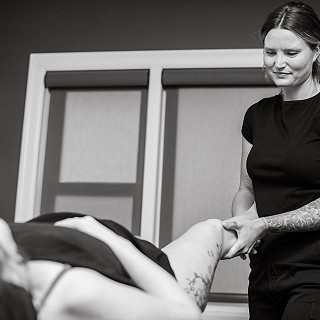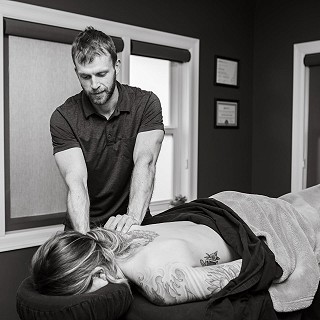Hazards of Lack of Sleep
Beyond leaving you drowsy and irritable, sleepless nights can take a serious toll on your physical and mental health. Lack of sleep has been linked to stroke, obesity, diabetes, anxiety, depression, and the country’s No. 1 killers: heart disease and cancer. Read on to learn the health hazards of sleep deficiency and how you can sleep better.
Stroke
A new study of more than 5,600 people found those who slept fewer than six hours a night were more likely to suffer a stroke than their well-rested counterparts. Stroke risk is also higher in people who are overweight, diabetic or hypertensive — all conditions linked to poor sleep.
Obesity and Diabetes
Sporadic and irregular sleep can raise blood sugar levels and slow the body’s metabolism, increasing the risk of obesity and diabetes, according to an April 2012 study published in Science Translational Medicine. Sleep deficiency can also lead to bad food choices, according to a study that found the sight of unhealthy food activated reward centers in the brains of sleep-deprived people.
Anxiety and Depression
Sure, sleepless nights make for miserable mornings. But chronic sleep deficiency can lead to anxiety and depression — both serious mood disorders. Brain imaging suggests sleep deprivation can boost activity in the brain’s emotional centers, according to a study presented today at the Associated Professional Sleep Societies in Boston.
Cancer
Sleep deficiency has also been linked to an increased risk of cancer. A 2008 study published in the British Journal of Cancer found women who slept fewer than six hours a night were more likely develop breast cancer, and a 2010 study published in the journal Cancer found those who slept fewer than six hours a night were more likely to have colorectal polyps, which can lead to colon cancer. The biological mechanisms are unclear, but lack of sleep has been shown to boost levels of inflammation in the body and interfere with the immune response, both of which have been implicated in cancer. Sleep is restorative.
Heart Disease
Short and sporadic sleep may also raise the risk of heart disease. A 2011 study published in the European Heart Journal found people who slept fewer than six hours a night were 48 percent more likely to develop or die from heart disease. The link could have something to do with levels of inflammation in the body, but the researchers also found higher blood pressure and cholesterol in people with sleep deficiency.
Get Your Sleep
With hectic work and family schedules, getting a good night’s sleep is no easy feat. But experts say a little planning can go a long way, helping you feel refreshed the next morning and for many to come. Make sure your bedroom is dark and quiet, and avoid reading anything that’s going to make you excited or worried. Try not to exercise or eat a big meal within three hours of your bedtime, but don’t go to bed hungry, either. Caffeine and alcohol can also interfere with sleep. Adults should do their best to get to bed at regular times and aim to have 7.5 hours on average of sleep. Set your schedule such that you honour and respect your sleep needs
Brown Sugar Caramel Latte

Ingredients
- 1 tablespoon brown sugar
- 1/4 cup half-and-half
- 1 tablespoon caramel ice cream topping
- 3/4 cup hot, brewed coffee
Instructions
- Stir brown sugar into half-and-half until dissolved
- Whip with a milk frother or small whisk.
- Pour coffee into a mug, and stir in caramel sauce until dissolved.
- Pour frothed half-and-half into coffee, and serve.
Serves: 1
Forearm Extensor / Flexor Stretch
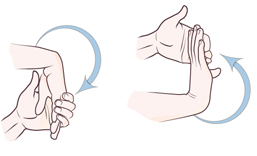
- Start by shaking out your wrists for 10-15-seconds.
- This draws blood to the muscles of the hand and forearms.
- Now with a straight elbow assist the flexion and then the extension of your wrist with the other hand.
- Hold each direction for 15-seconds.
- Finish off by shaking out your wrists again.
